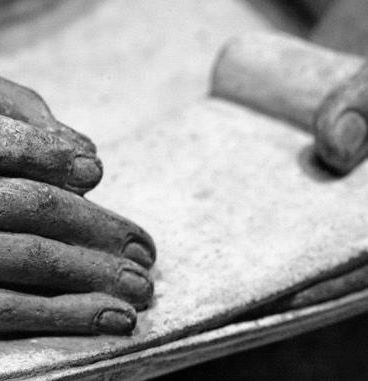Diese Definition von Kultur als „der Prozess der fortgesetzten Selbstbefreiung des Menschen“ hat Cassirer in seinem Essay on Man (Versuch über den Menschen) gegeben, der 1944 in Yale veröffentlicht wurde.
Human culture taken as a whole may be described as the process of man’s progressive self-liberation. Language, art, religion, science, are various phases in this process. In all of them man discovers and proves a new power – the power to build up a world of his own, an “ideal” world. Philosophy cannot give up its search for a fundamental unity in this ideal world. But it does not confound this unity with simplicity. It does not overlook the tensions and frictions, the strong contrasts and deep conflicts between the various powers of man. These cannot he reduced to a common denominator. They tend in different directions and obey different principles, But this multiplicity and disparateness do not denote discord or disharmony. All these functions complete and complement one another. Each one opens a new horizon and shows us a new
aspect of humanity. The dissonant is in harmony with itself; the contraries arc not mutually exclusive, but interdependent: “harmony in contrariety, as in the ease of the bow and the lyre.”
